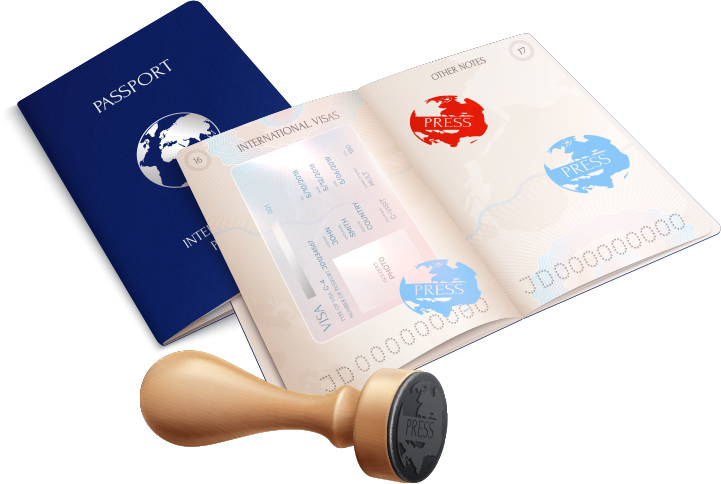About Us
We specialize in guiding Indian students to pursue their education in English-speaking countries. Our success is rooted in our commitment to ...
Newsletter
Subscribe our newsletter and get latest news.
© Copyright 2023 by UniPath Education Pvt Ltd designed by TheBuzzCrest






